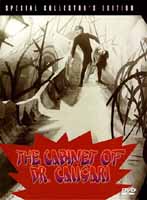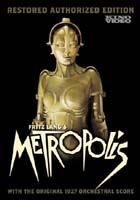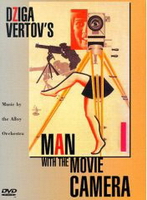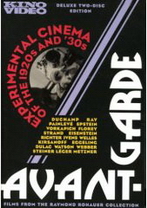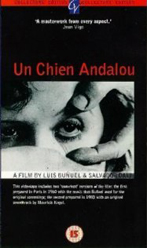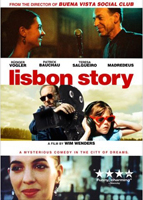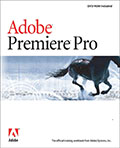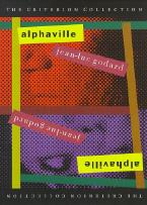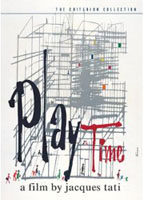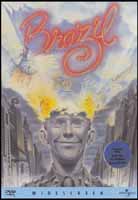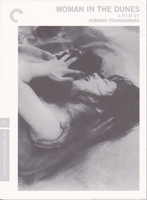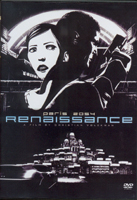Arch
443/646: Architecture and Film
Winter 2014: Course Home Page
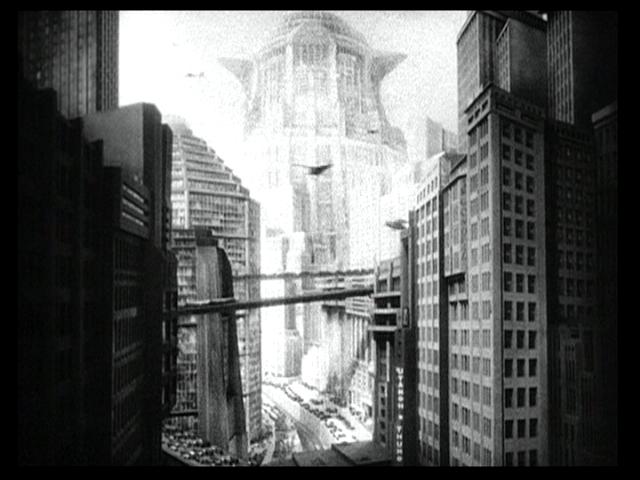
"icons + f/x"
Fridays: ARC1001 1 to 5pm
Course Description:
This course explores the relationship between Architecture and the development
of early and modern films. Students will look at the source and portrayal
of architectural expression in film: precedents for imagery, its relationship
to the development of early modern architecture, and its vision of the
urban future.
The theme for this term is "icons + f/x". What constitutes an "icon" when it comes to the role of architecture in film. Is the film iconic or is it the presentation of the architecture? Can the architecture take on a character role in a film? We will be viewing a variety of films that manipulate our reading of architecture and the urban environment through the use of special effects and general manipulation of environments. Such manipulation will include the use of models and other devices that change the perception of the architectural environments. f/x for the purpose of this exploration will be taken very broadly and also include any manipulation of sound, lighting and filming angles that are used to change the depiction of space. Rather than focusing on the "Hollywood" idea of f/x (Inception, Tron, Armageddon...), we will look at more subtle ways to modify the reading of the film - ones that are able to be replicated by you when you create your own films.
We will be using Adobe Premiere Pro to make our films. You may start with the free 30 day trial download and extend your use with a Cloud purchase as required. The films will be required reflect on the role of architecture and urban setting with respect to f/x in film.
Pedagogic
Objectives:
The course is
intended to develop a critical perspective of the use of architecture in
film. Students will learn to examine both the medium of film and the form
and style of architecture as they relates to the development of both film
media and culture. Students will engage in research to understand the choices
and expression of architecture used in film and the impact of the same on the narrative aspects of the film.
Completion
Requirements:
The course
will be run in a seminar format. Each week we will view a film,
discuss its relevance to architecture, culture, environments, and
the perception of all three. The discussions will take
place in a “for credit” mode and include a digital submission of an answer to an assigned question. Attendance is mandatory.
Two missed classes will constitute failure of the course. Discussions to be effective require all students to be present. Students must also submit their short intro exercise film and completed final film.
IMPORTANT: IF YOU MISS SEEING A FILM
Many of these films are not in Musagetes. If you miss seeing a film in class, please arrange to see it. However I am not lending out my personal copies, so keep this in mind.
last updated Wednesday, April 16, 2014 12:57 PM
